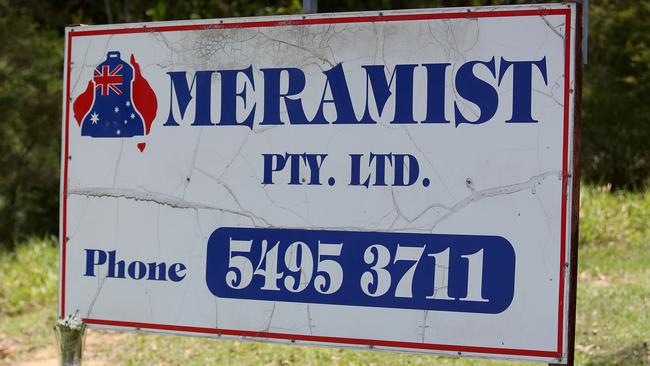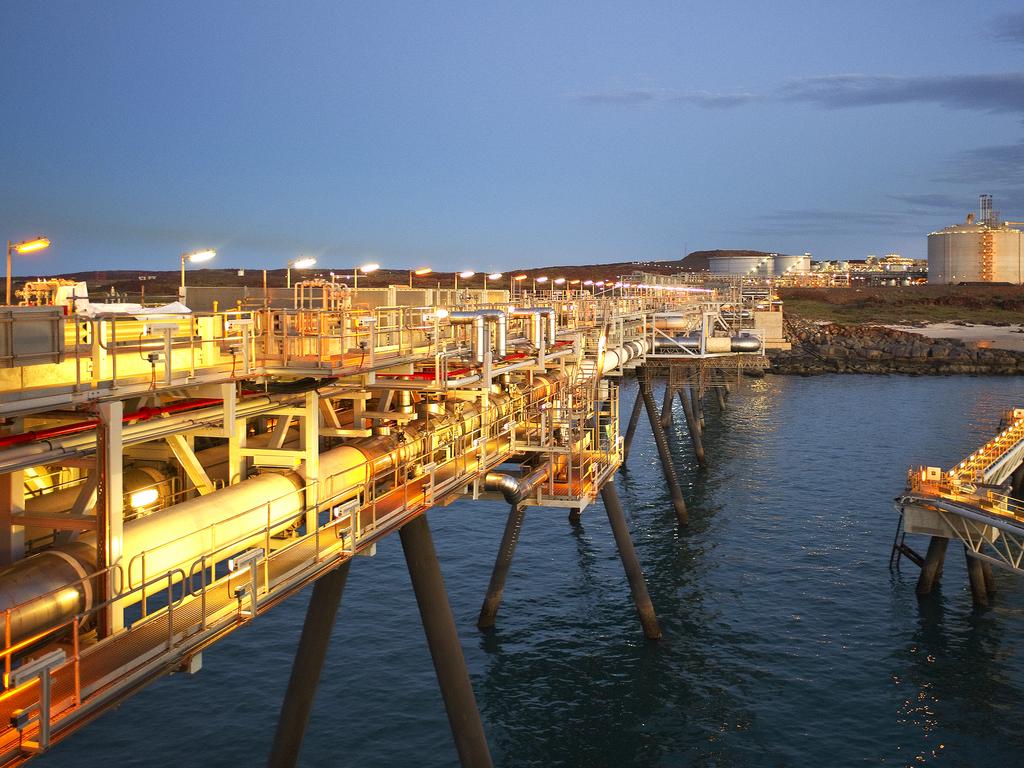China ‘not playing by trade pact rules’
Simon Birmingham has accused Beijing of undermining the ‘letter and spirit’ of the China-Australia free-trade agreement and its obligations under WTO rules.

Trade Minister Simon Birmingham has accused Beijing of undermining the “letter and spirit” of the China-Australia free-trade agreement and its obligations under World Trade Organisation rules amid a surge in targeted sanctions against Australian exports.
As Beijing blocked another Australian beef supplier, Senator Birmingham said China’s imposition of “disruptive and restrictive measures” on a wide range of Australian goods and services in recent months was in violation of the 2015 agreement.
“The targeted nature of Chinese government measures on Australian goods raises concerns about China’s adherence to the letter and spirit of its ChAFTA and WTO obligations,” he said.
In a letter required by a Senate order initiated by independent Rex Patrick, Senator Birmingham said China was ignoring measures under ChAFTA requiring regular meetings and reviews.
“After a reasonable start in bilateral engagement, in recent years the Chinese government’s lack of engagement has prevented use of these structures,” Senator Birmingham said.
He added that the government had raised China’s treatment of Australian barley, wine, meat, lobsters, logs, coal and cotton at a November 25 WTO meeting, and was now “considering all dispute settlement options”.
Senator Birmingham is required to front the Senate on Wednesday to explain the statement, and time will be allocated for senators to respond.
China gave no reason on Tuesday for its suspension of exports from Queensland-based abattoir Meramist, leading to speculation it was linked to the passage of the government’s Foreign Relations Bill that would allow Canberra to rescind Victoria’s Belt and Road agreement.
China banned the family owned meat processor John Dee in late August, a day after Scott Morrison unveiled the proposed law. Australian Meat Industry Council chief executive Patrick Hutchinson said “normal dialogue” between Australian producers and their Chinese partners had “completely ceased”.
“It’s suspend first, ask questions later,” Mr Hutchinson said of the current approach by China.
As Australian government officials sought clarity on the new suspension, Foreign Minister Marise Payne spoke to her British counterpart, Dominic Raab, about China’s ongoing campaign against Australia.

“The UK stands with Australia to protect our shared interests & values,” Mr Raab tweeted after their conversation.
The latest hit to Australia’s agricultural industries comes less than a fortnight after China’s Ministry of Commerce imposed an up to 212 per cent tariff on Australian wine, crippling the $1.3bn export trade.
Since the federal government called for an inquiry into the origins of the coronavirus in April, China has expunged Australia’s $600m annual barley exports with an 80 per cent tariff, banned timber from Queensland and Victoria, halted Australia’s $700m lobster trade ahead of the end-of-year banquet season and held up more than $1bn of Australian coal off its coast.
Agriculture Minister David Littleproud said his department would investigate any possible noncompliance by the Queensland abattoir, while admitting the reason for the suspension was still unclear.
In 2019, Australia exported a record $2.8bn of beef to China, according to Meat & Livestock Australia. That year, China became the industry’s biggest customer, buying almost one quarter of Australia’s $11.3bn total beef and veal exports.
Mr Hutchinson said, despite this year’s disruptions, the industry was on track to export its second highest amount of beef by value to China. He noted Meramist made up “less than 1 per cent” of Australia’s beef exports to China.
The abattoir in Caboolture, north of Brisbane, last year featured in an ABC Four Corners program on the slaughter of former racing horses.
In addition to the six Australian abattoirs suspended by Chinese authorities — most over labelling issues, according to Customs officials — another two were suspended after they self-reported COVID-19 cases.
Other meat producers around the world have had their import licences restored after COVID related suspensions.







To join the conversation, please log in. Don't have an account? Register
Join the conversation, you are commenting as Logout